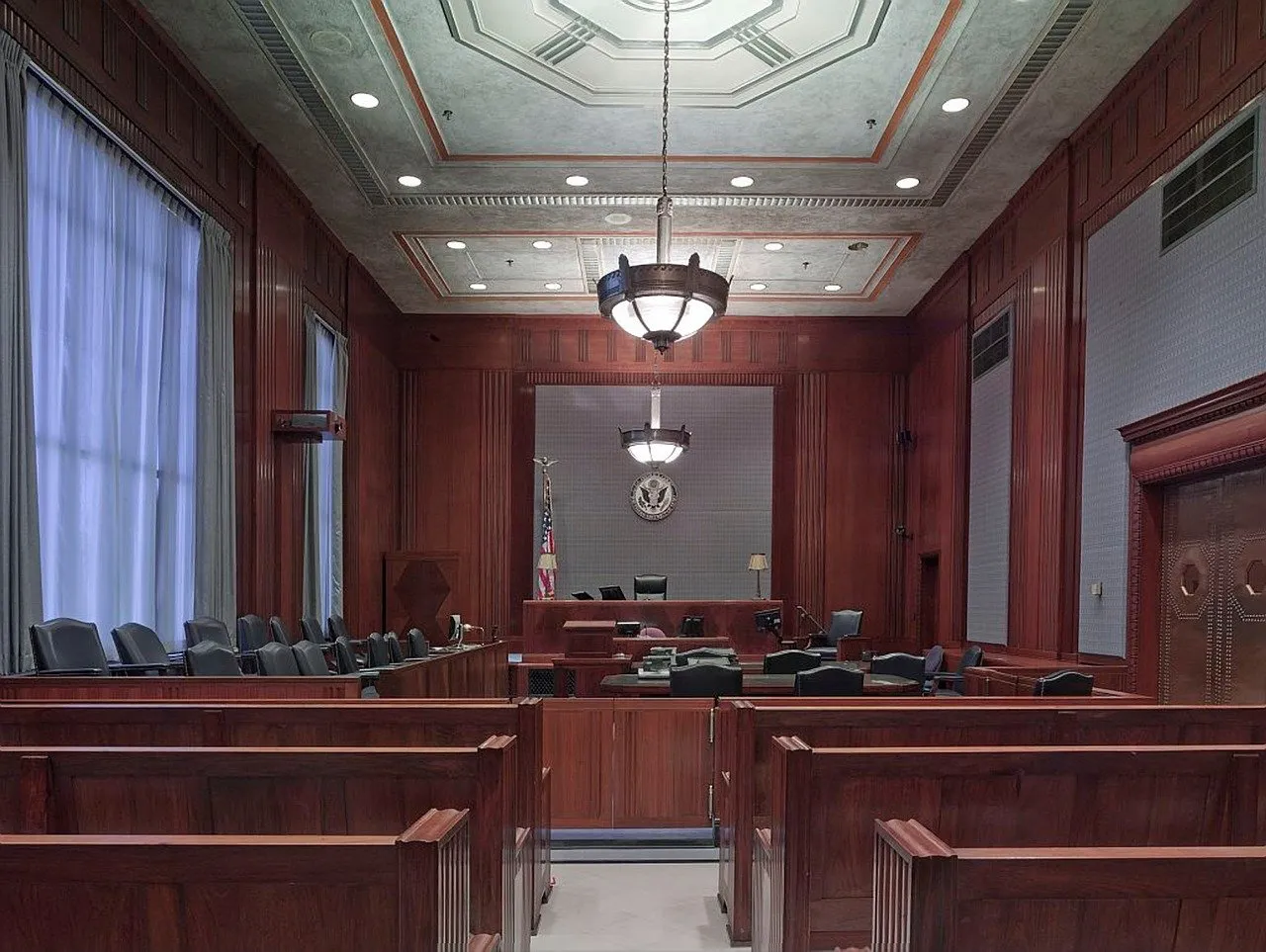WASHINGTON, D.C. — In a significant legal development, William C. Smith & Co., Inc. (W.C. Smith) has agreed to pay more than $1 million and implement business reforms following allegations that it conspired to artificially inflate apartment rents across Washington, D.C. The settlement marks the first resolution in a broader rent-fixing lawsuit filed by Attorney General Brian L. Schwalb against multiple landlords.
The Office of the Attorney General (OAG) announced the deal earlier this week, stating that W.C. Smith participated in a coordinated effort with other landlords to manipulate rental prices using software provided by RealPage, Inc., a Texas-based technology company known for its rent-optimization tools.
The Allegations
According to the lawsuit filed in November 2023, W.C. Smith—alongside more than a dozen other landlords—used RealPage’s algorithm-driven software to coordinate rental pricing strategies rather than allow the market to dictate fair rates. The software is part of a suite of tools marketed as “revenue management” technology and is designed to maximize profits by analyzing supply, demand, and competitor prices.
Critics argue that when multiple landlords in the same city use this system and input non-public data, the result resembles price-fixing, restricting competition and driving up rents across the board.
The impact is far-reaching. RealPage software was reportedly used to set rent for:
-
30% of all multifamily units in D.C.
-
Nearly 60% of apartments in buildings with 50 or more units
-
Almost half of rental units in the broader Washington-Arlington-Alexandria metro area
W.C. Smith alone controls over 9,000 of the 50,000+ affected apartments in the District.
The Settlement Terms
As part of the settlement, W.C. Smith will:
-
Pay $1,050,000 to the District of Columbia, with the funds allocated to civil penalties, legal fees, and potentially restitution for impacted renters.
-
Cease using rent-setting tools that rely on non-public or confidential data from competitors.
-
Stop encouraging other landlords to adopt or promote such software.
-
Reform its business practices to avoid similar practices in the future.
Attorney General Schwalb emphasized that the settlement is not just about financial penalties—it is about reshaping how rent is determined in the District. “This case sends a clear message: landlords cannot use shared data and algorithmic tools to sidestep market forces and harm renters,” Schwalb said.
Broader Implications and Ongoing Cases
The W.C. Smith settlement is the first successful outcome in what is expected to be a series of legal actions. Thirteen other landlords named in the original lawsuit remain under investigation or litigation. These include major property management companies like:
-
AvalonBay Communities
-
Bozzuto Management
-
Bell Partners
-
Camden Property Trust
-
JBG Smith Properties
-
Equity Residential, among others
Collectively, these companies control a large portion of D.C.’s multifamily housing stock and allegedly used the same RealPage software to coordinate rents.
Though no updates were provided regarding the status of the remaining defendants, Schwalb’s office says more actions are forthcoming. The goal is to “restore fairness and transparency to the rental market.”
The Human Impact
For many D.C. residents, especially those living paycheck to paycheck, artificially inflated rents have deep consequences—forcing people to move, take on extra work, or cut back on essentials like food and healthcare. Housing advocates argue that software-based rent-setting, when used by competitors sharing data, turns a necessary cost of living into a tool for corporate profit.
“This software makes it nearly impossible for renters to find an apartment priced through real competition,” one housing policy expert noted. “It’s like multiple stores charging the same price—not because of demand, but because they’re using the same playbook.”
A Turning Point for Fair Housing?
The W.C. Smith case could mark a turning point for how technology is used in the rental housing market. While revenue management tools are not illegal, their misuse—especially when tied to shared data across competing landlords—raises serious antitrust concerns.
With this settlement, D.C. becomes one of the first jurisdictions in the country to challenge such practices at scale. Advocates hope it leads to more regulation, oversight, and accountability in the rental tech industry.
For updates on the remaining cases or to report concerns about rent-setting practices, residents can contact the Office of the Attorney General for the District of Columbia or visit oag.dc.gov.














Leave a Reply